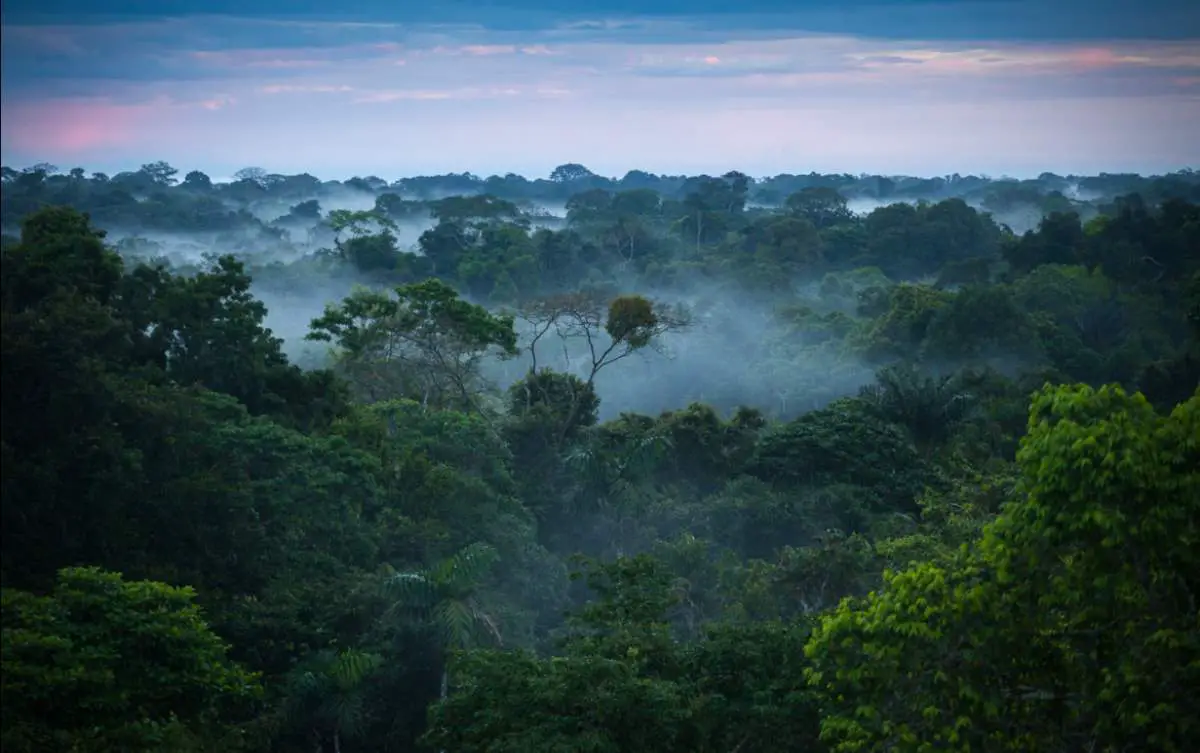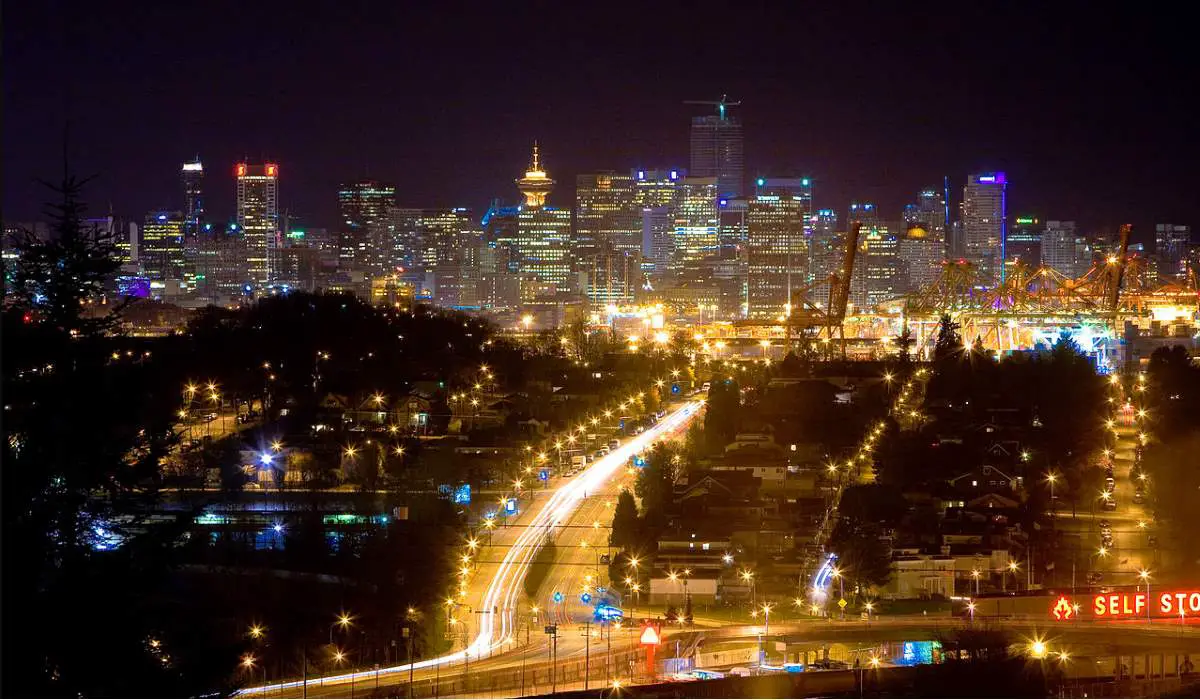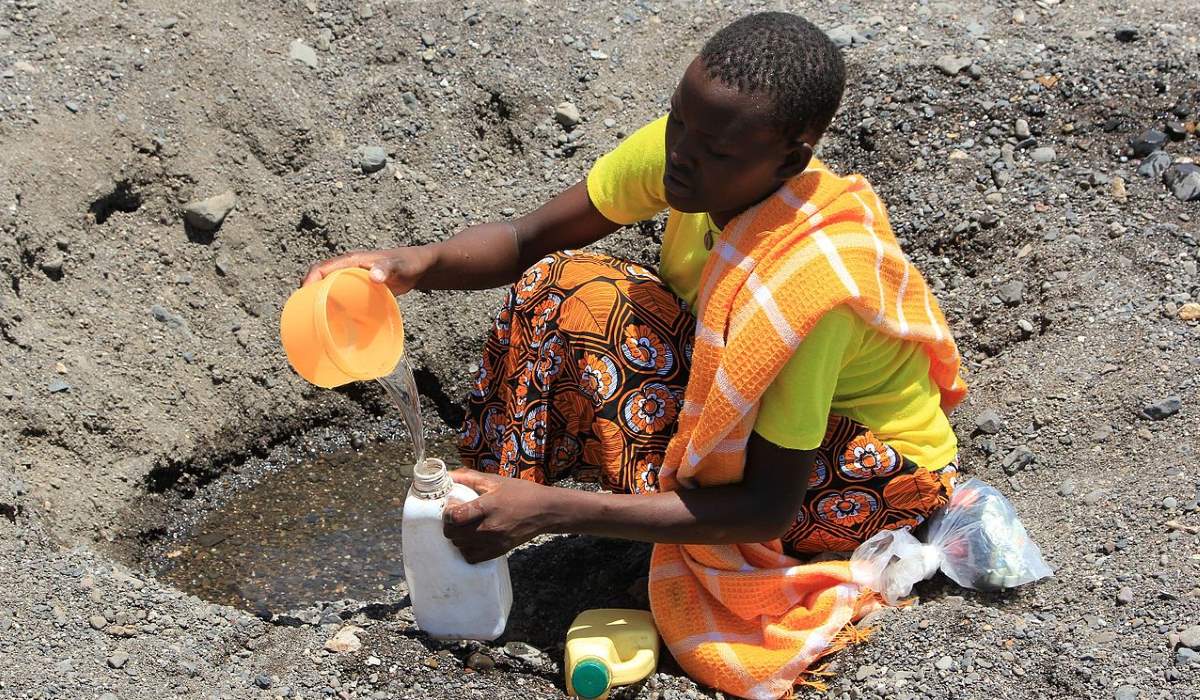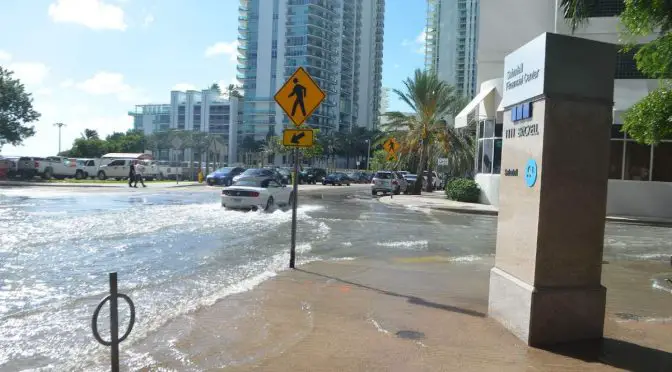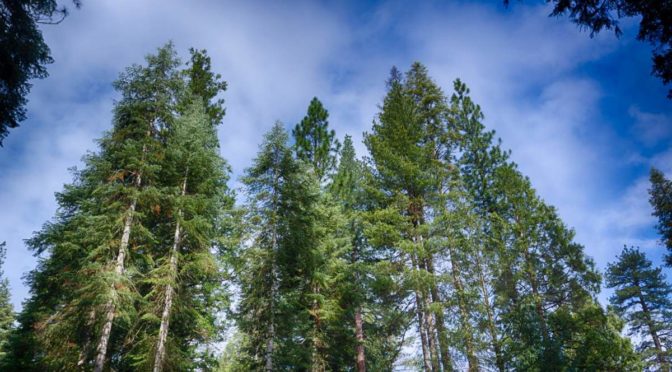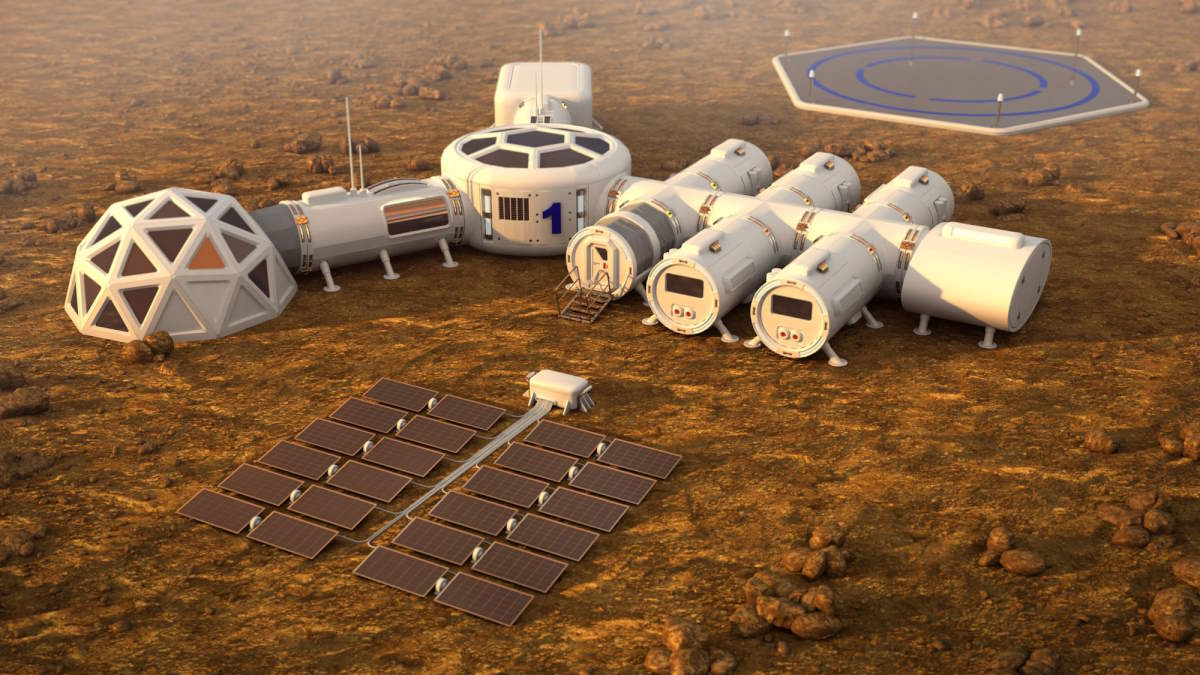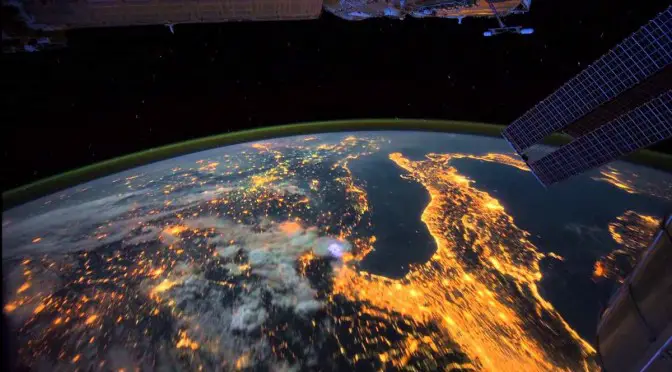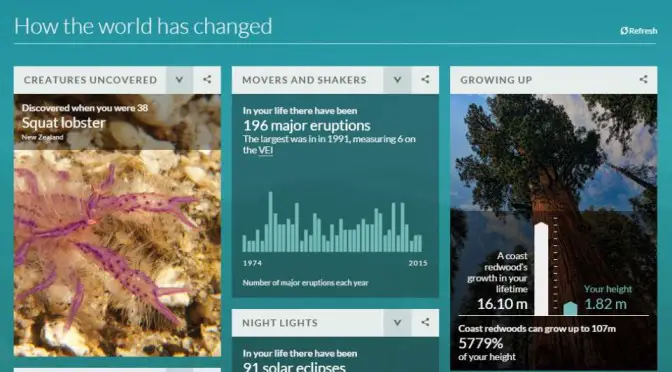As a result of global warming, the seas warm and ice melts. Naturally, Earth’s oceans have risen steadily – or at least, it was thought so. According to a new study based on 25 years of NASA and European satellite data, rather than increasing steadily, global sea-level rise has been accelerating in recent decades. If this trend continues, by the year 2100, sea-level rise will be around 65 cm (25.6 in), twice as big as previously thought. This is more than enough to cause significant problems for coastal cities.
Satellite altimetry (see notes 1) has shown that since 1993, the global mean sea level has been rising at a rate of ∼3 ± 0.4 millimeters per year. Researchers show that this rate is accelerating at 0.084 ± 0.025 mm/y2, which agrees well with climate model projections. This acceleration is driven mainly by increased melting in Greenland and Antarctica because of global warming. If the sea level continues to change at this rate and acceleration, sea-level rise by 2100 (∼65 cm ± 12 cm, compared with 2005) will be more than double the amount if the rate was constant at 3 mm/y, researchers conclude.
